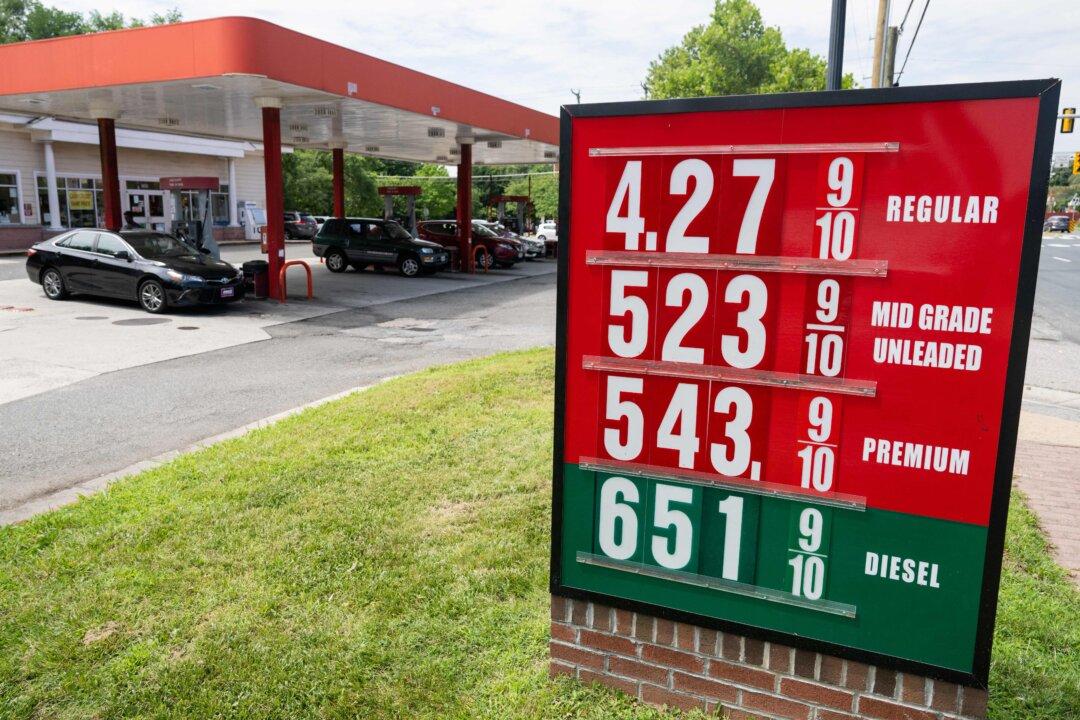The head of the largest oil and natural gas trade association warned that failure to replenish the U.S. Strategic Petroleum Reserve (SPR) could trigger another oil crisis in the coming weeks.
“The Strategic Petroleum Reserve, unfortunately, has become the strategic political reserve. And we have grave concerns about how it has been so politicized. This is for emergency purposes, not to lower gasoline prices during a time during a political season,” American Petroleum Institute CEO Mike Sommers said in a Friday interview on Fox News.





